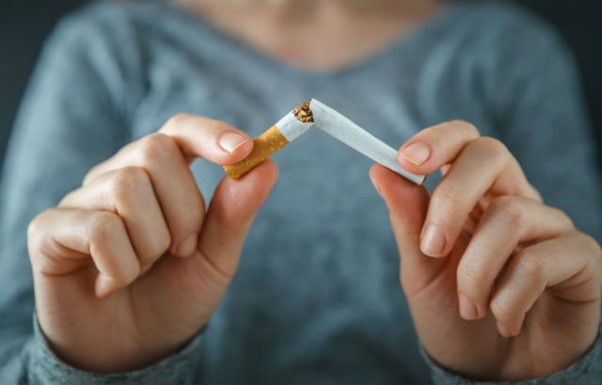‘Delayed quitters’ more likely to relapse than smokers who quit on target date
Most smokers who initially succeed in quitting return to smoking within the first few months, but identifying sub-groups at higher risk of relapse could help in relapse prevention efforts.

A retrospective analysis of records from the WIPH Health and Lifestyle Unit’s stop smoking clinic has examined relapse rates in short-term abstainers who stopped smoking on their target quit date, compared with those who needed more time to quit completely. The study of 308 subjects, published in Nicotine & Tobacco Research, found that one-year relapse rates were 53% for immediate quitters and 77% for delayed quitters, an association that remained highly significant when controlling for potential confounders. The effect was not explained by baseline variables. To date, no previously suggested behavioural relapse prevention strategies have been shown to be clearly effective. Co-author Peter Hajek said: “Encouraging smokers to adhere to their target quit date could improve treatment results. Relapse prevention efforts such as extended support and extended medication are likely to be particularly useful for delayed quitters.”
Benjamin Borchardt, Rudolf Schoberberger, Peter Hajek. Are ‘delayed quitters’ more likely to relapse than smokers who quit on their target quit date? A retrospective analysis of clinical records. Nicotine & Tobacco Research, 2022; ntac028,